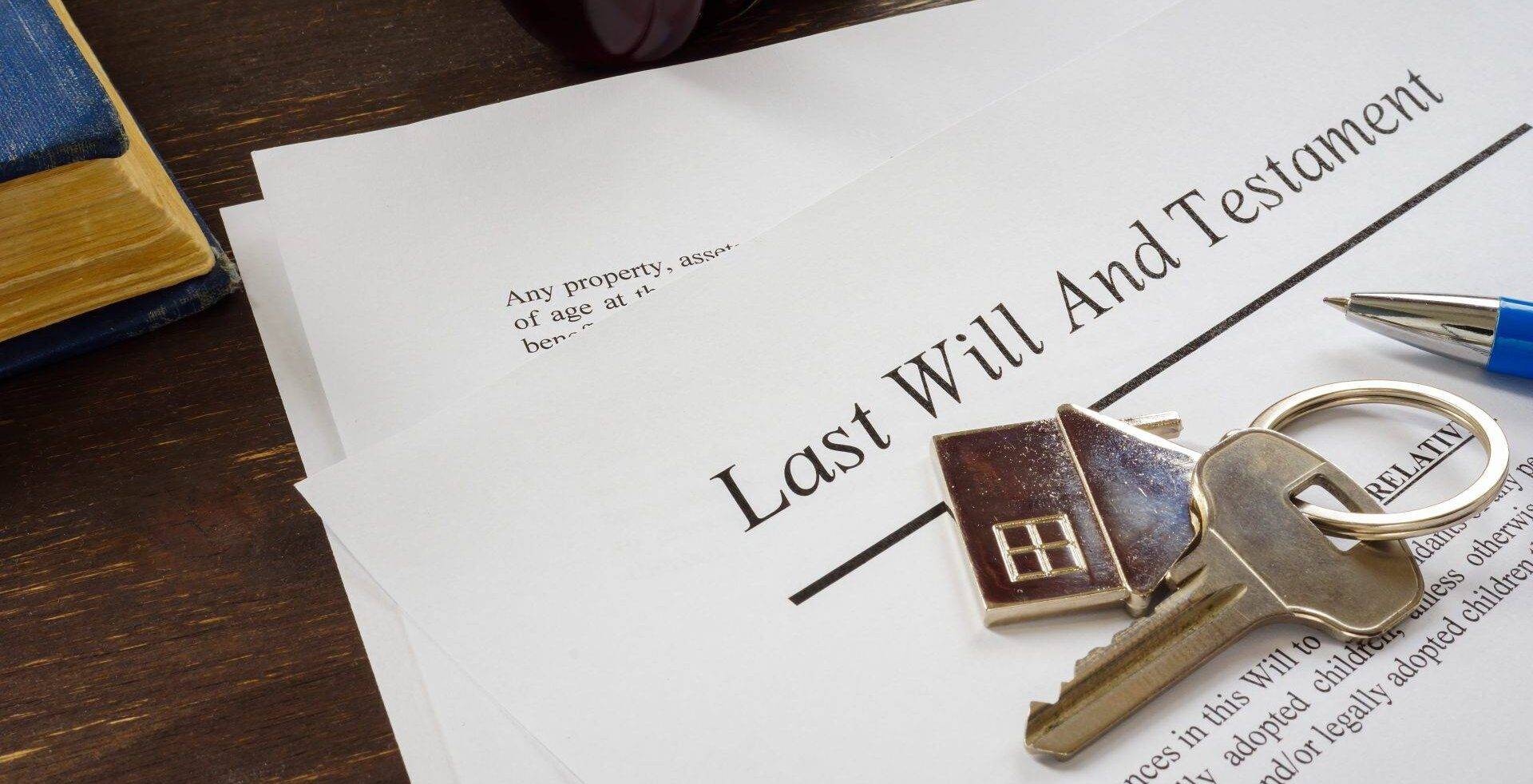Recently, the Supreme Court of New South Wales handed down judgment in Lim v Lim [2022] NSWSC 454.
In this case, an apparently rational, validly executed Will, which was simple in its terms was revoked by the Court on the grounds of lack of capacity and want of knowledge and approval due to a lack of evidence.
Lim v Lim [2022] NSWSC 454
Brief summary of the case
The Deceased was nearly 90 when she executed her last Will, which left her estate to four out of her five children in equal shares. It is of note that the estranged fifth child was not the Claimant or a party to the proceedings. The Will’s attestation clause duly noted that a translator had read the Will to the Deceased in Mandarin in the presence of the solicitor who had drafted the Will and that the Deceased had confirmed her understanding and approval.
This was because the Deceased had an imperfect knowledge of English. Her earlier Will which was also in simple terms left her estate to four out of her five children in unequal shares. There was again an attestation clause in the earlier Will that noted that a translator had read the Will to her, although this time the attestation clause stated that the Will had been read to her in Hainanese dialect, a Chinese language understood by her. Given the differences in the two attestation clauses, the extent of the Deceased’s understanding of Mandarin was a material issue in dispute.
Court judgment
In this case, the Court, due to the lack of evidence, was unable to ascertain a clear picture of the Deceased’s personality or abilities. The evidence of the professionals was minimal and lacking. The solicitor’s attendance notes were sparse in content and lacked any detail of discussions with the deceased. A medical assessment of capacity was not obtained and the solicitor was unaware of the principles set out in Banks v Goodfellow and the golden rule.
The interpreter gave no evidence about her training in interpreting the contents of a Will or her understanding of such concepts. She was unable to recall events of the day or of any interactions with the Deceased.
There was very little medical evidence as to the Deceased’s capacity. The doctor treating the Deceased whilst in hospital, only spoke English. He stated that she had:
“presented as being fully alert, with a good memory and intact cognition and preserved ability to express her thoughts clearly.”
He felt there was no need to formally assess her cognition. He confirmed that he had no clear memory of the Deceased.
The Judge held that he was “just” satisfied that on the basis of the discussions between the solicitor and the Deceased she had the capacity to understand the nature of the act of making a Will and, that he was satisfied that the conversations demonstrated that she was aware of at least the persons who could be thought to have a claim upon her estate, there was “virtually no objective evidence” which demonstrated that the Deceased was able to sift and weigh that information.
The Solicitor had failed to ask any questions about her prior Wills or why she was seeking to depart from the terms of the earlier Will.
The Judge also stressed that because a Will is apparently rational or simple does not logically bear on the question of whether the Deceased had the capacity to comprehend, appreciate, or evaluate matters relating to making a Will.
Given the lack of evidence, the Judge stated that it was “difficult to conclude that the deceased had the capacity to give, any, or any real, considerations to the competing claims upon her bounty”.
Comment
The judgement highlights the significance of making careful and contemporaneous notes and having clear evidence of an assessment of capacity and knowledge and approval by Will drafters. In addition, being able to demonstrate, if called upon, from written evidence a clear understanding and knowledge of the law in relation to assessing capacity and knowledge and approval.
It is common in probate disputes that there is a plethora of irrelevant or prejudicial documents and witness evidence as parties seek to right historic wrongs, both real and imagined, that have little if any bearing upon the issues which the Court has to resolve. For dispute resolution lawyers this case serves as a cautionary tale that when preparing to challenge or defend a Will the need to stay focused on the evidence, that will enable the Court to resolve the issues it has been presented with, is paramount.
How can we help?
Lesley Harrison is an Associate in our expert Dispute Resolution team.
If you have any questions concerning the subjects discussed in this article, please do not hesitate to contact Lesley or another member of the team in Derby, Leicester, or Nottingham on 0800 024 1976 or via our online enquiry form.
Contact usIf this article relates to a specific case/cases, please note that the facts of this case/cases are correct at the time of writing.


